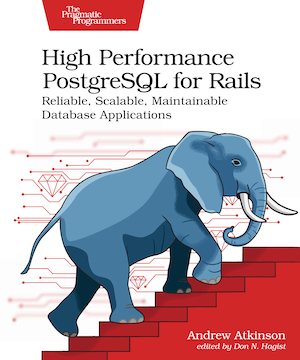A nice usage of Ruby blocks in application code is to externalize some repeated code.
The examples below are doing some different operations on a couple of values, but we might want to benchmark each operation.
Instead of duplicating the benchmarking code, we can create a method that takes a block as an argument, then move the repeated code there.
Now we can call the new method with a block that contains the code to be benchmarked. block.call executes the block. Another way to execute the block would be to call yield after verifying the block is present with block_given?.
x = 1
y = 2
def with_benchmark(&block)
return unless block
time = Benchmark.measure do
puts block.call
end
puts time
end
with_benchmark { x + y }
with_benchmark { x * y }
with_benchmark { x / y }

